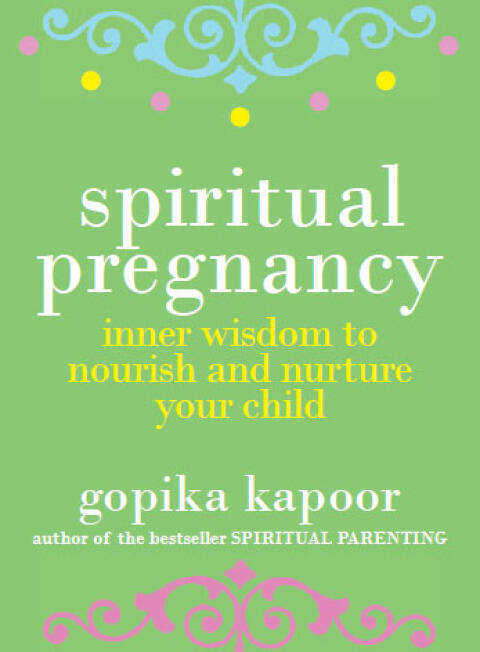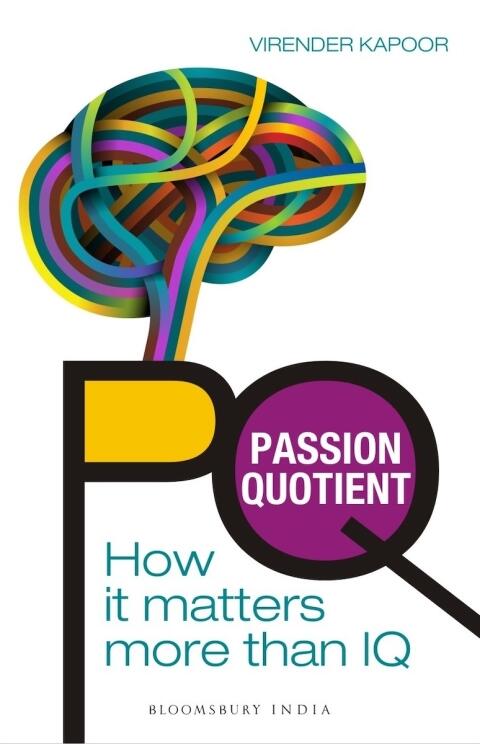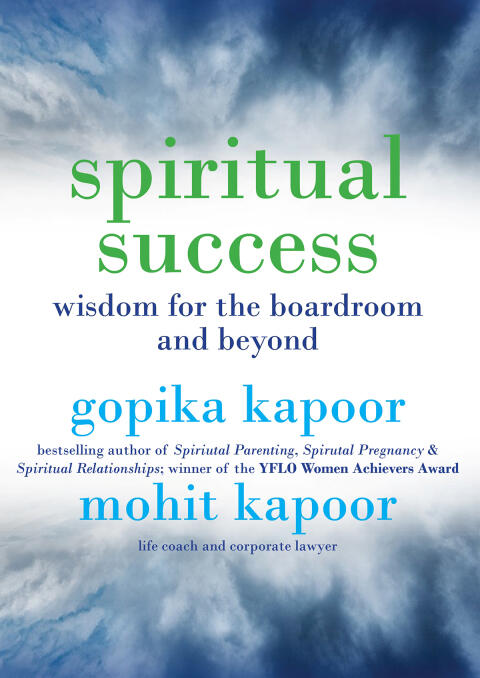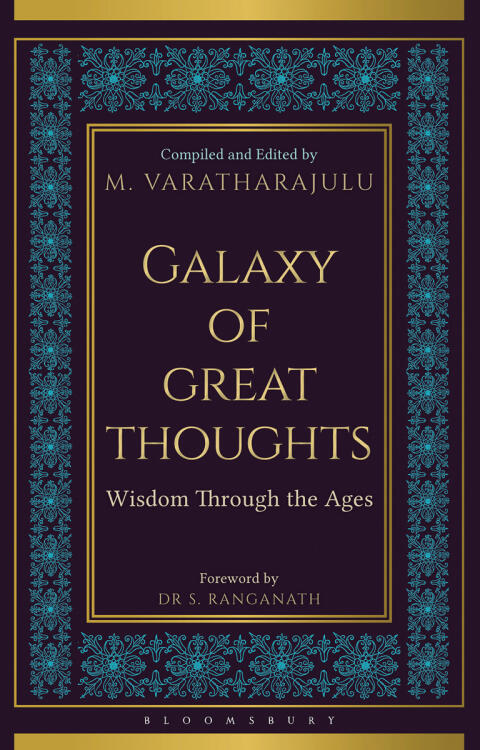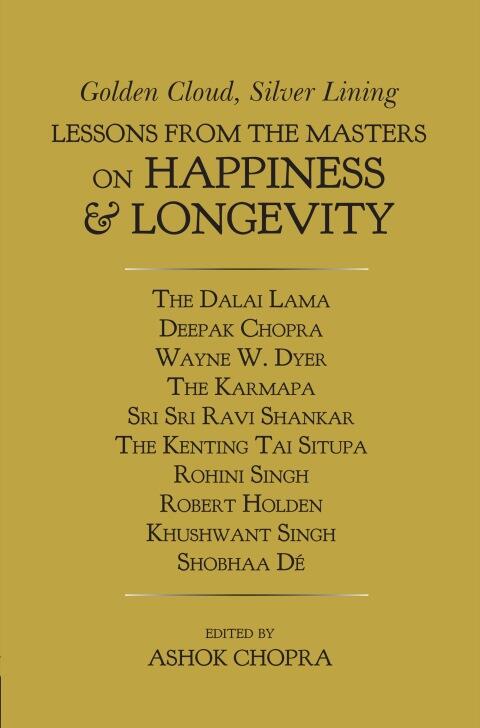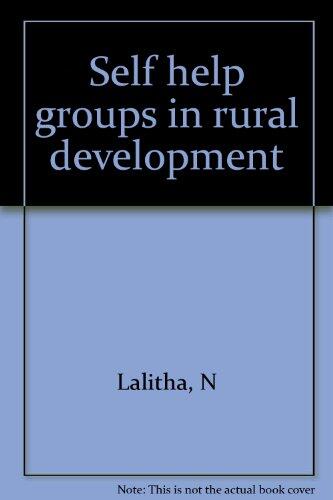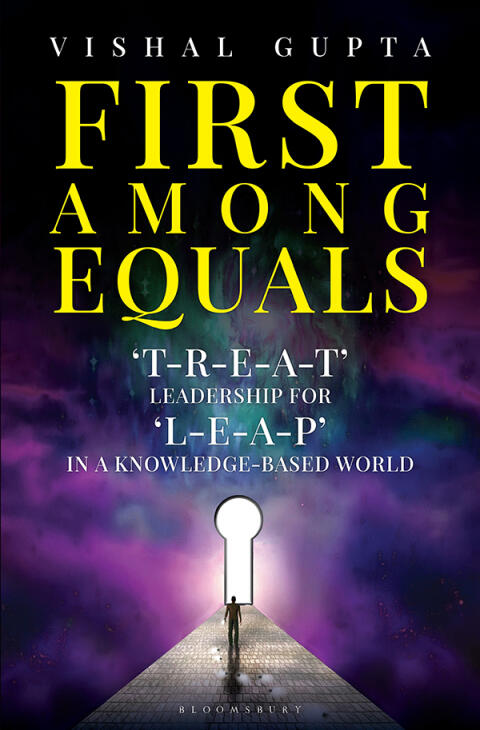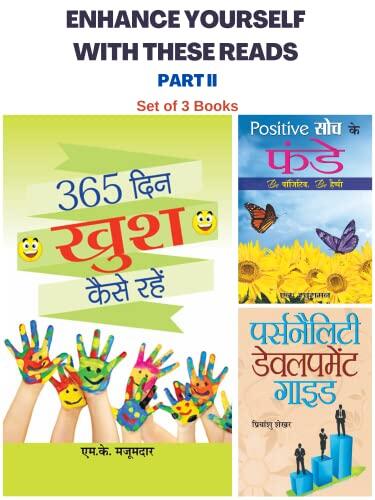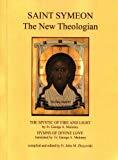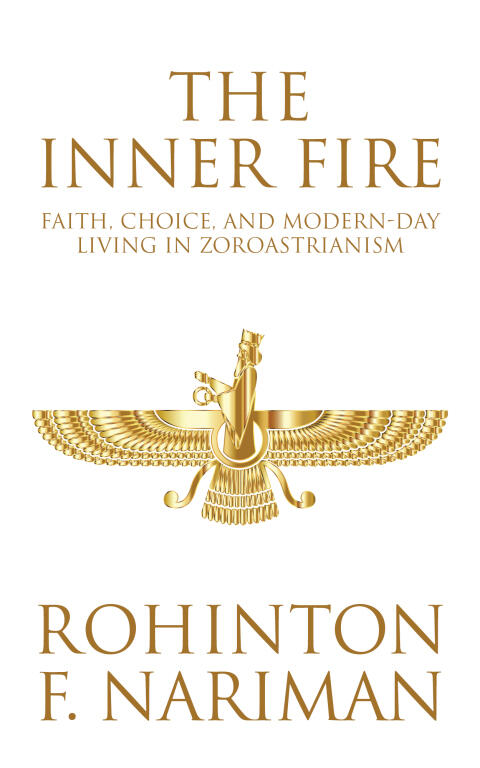
The Inner Fire: Faith, Choice, and Modern-day Living in Zoroastrianism
아직 평점이 없습니다
Self-help
Religion & Spirituality
History
형식
킨들
페이지
164
언어
힌디어
출판됨
Jan 1, 2016
출판사
Hay House India
판
2
ISBN-10
9385827243
ISBN-13
9789385827242
설명
Rohinton F. Nariman delves into the rich tapestry of Zoroastrianism, exploring how its ancient teachings resonate within the complexities of modern life. Through insightful reflections, he sheds light on the enduring relevance of this once-dominant faith, emphasizing the powerful themes of faith and choice that continue to influence individuals navigating contemporary challenges.
The book captures the essence of Zoroastrian beliefs, illustrating how they offer a moral compass and a sense of community for those seeking meaning in a rapidly changing world. Nariman artfully presents the stories and teachings that underpin the religion, allowing readers to appreciate its historical significance while contemplating its role in today’s society.
As the author examines the struggles faced by Zoroastrians in maintaining their identity amidst globalization and modernity, he provides a poignant commentary on the broader themes of cultural preservation. The narrative encourages readers to reflect on their own spiritual journeys, invoking a deep connection to the enduring principles of righteousness and truth that Zoroastrianism embodies.
Through personal anecdotes and scholarly insights, Nariman invites a new generation to engage with Zoroastrianism, posing essential questions about faith, ethics, and the choices that shape lives in a world increasingly defined by uncertainty.
The book captures the essence of Zoroastrian beliefs, illustrating how they offer a moral compass and a sense of community for those seeking meaning in a rapidly changing world. Nariman artfully presents the stories and teachings that underpin the religion, allowing readers to appreciate its historical significance while contemplating its role in today’s society.
As the author examines the struggles faced by Zoroastrians in maintaining their identity amidst globalization and modernity, he provides a poignant commentary on the broader themes of cultural preservation. The narrative encourages readers to reflect on their own spiritual journeys, invoking a deep connection to the enduring principles of righteousness and truth that Zoroastrianism embodies.
Through personal anecdotes and scholarly insights, Nariman invites a new generation to engage with Zoroastrianism, posing essential questions about faith, ethics, and the choices that shape lives in a world increasingly defined by uncertainty.

